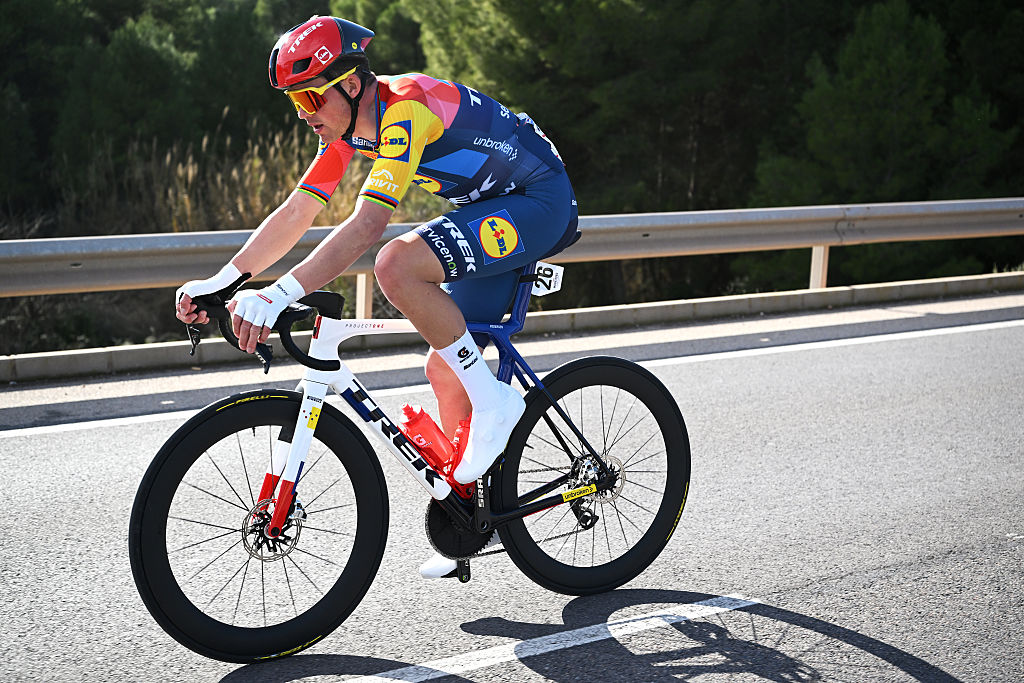Who are the Tour de l'Avenir winners since 2000 – and what happened to them?
From Flores to Foss, the race has seen some shoot to stardom and others fade to anonymity
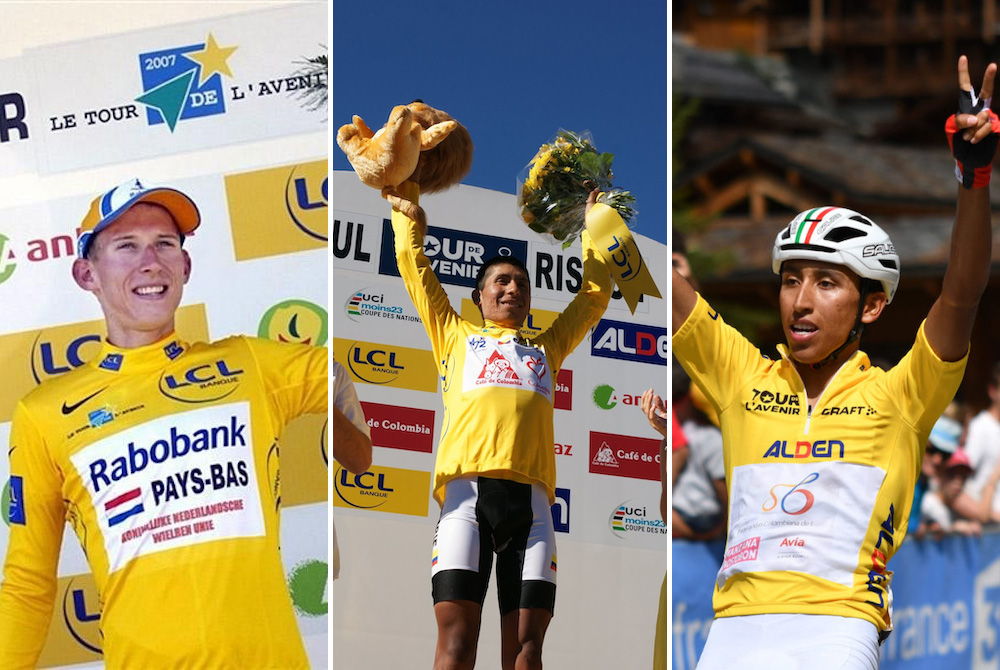
The latest race content, interviews, features, reviews and expert buying guides, direct to your inbox!
You are now subscribed
Your newsletter sign-up was successful
The 2020 campaign saw a string of races cancelled or postponed but for the U23 men's peloton the loss of the Tour de l’Avenir was a huge blow. The French race is often seen as a window to the stars of the future, with Miguel Indurain, Greg LeMond, Joop Zoetemelk and Felice Gimondi among its glittering list of previous winners.
With the race set to return later in 2021, Cyclingnews looks back at the winners since the turn of the century and how their careers have panned out.
2000: Iker Flores (Spain)
These days, Flores is working with a Basque bike and kit distributor called Bioracer-Asper, which is based in the town of Tolosa near San Sebastián, but at the turn of the century he claimed the first and only stage race of his career at the Tour de l’Avenir.
Already a pro at Euskaltel, the Spaniard won the final stage of the race from Le Grand Bornand to Ville-la-Grand to edge out David Moncoutié, Sven Montgomery, and Floyd Landis. Flores would eventually fall down the pecking order at Euskaltel – although he finished second in a stage of the Tour de France – before riding out the final year of his career with Fuerteventura seven years later.
"I leave professional cycling a bit sad," Flores commented in Diario de Navarra at the time. "When the Fuerteventura-Canarias told us that they would not continue, I saw it would be very difficult for me to continue too. I have tried to exploit all the possibilities for continuing, but it was impossible.
"I feel very well. I wanted to continue racing. Perhaps I could have achieved some better results, or could have done more, but I leave cycling with the feeling that I did everything I could. I am satisfied with what I have achieved. I must start a new life."
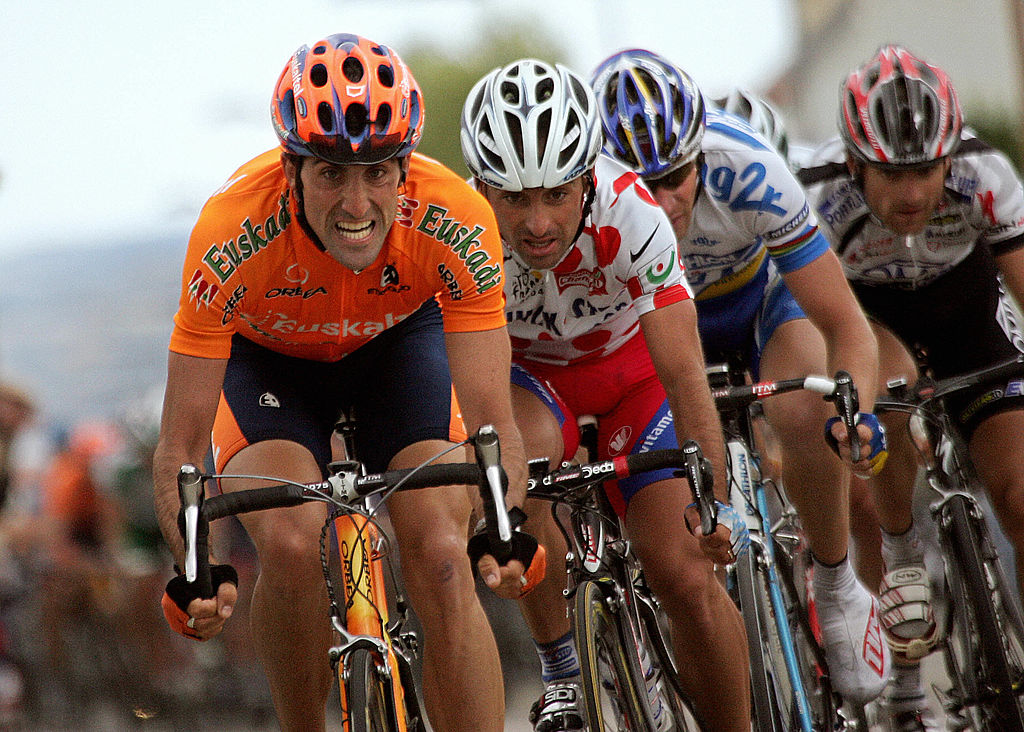
2001: Denis Menchov (Russia)
Before the UCI and Menchov tried everything they could to keep his doping ban out of the headlines, the Russian was seen as one of the most mercurial stage racers of his generation. Softly spoken and shy to the point at which interviews were often drab affairs, the rider came through the ranks at Banesto and won the white jersey at the Tour de France in 2003.
The latest race content, interviews, features, reviews and expert buying guides, direct to your inbox!
The Spanish team saw a lack of progression and lost faith a year later, signing Alejandro Valverde, but Menchov would go on to have stints at Rabobank, Geox, and then Katusha before retiring due to a knee injury in 2013. His doping ban was announced in 2014 and he was stripped of his Tour de France results between 2009 and 2012, but he kept his Giro and Vuelta titles from 2009 and 2007 respectively.
He would return to the sport in 2019 as a director at Gazprom-RusVelo but remains one of the highest-profile riders to be sanctioned as part of the UCI biological passport.
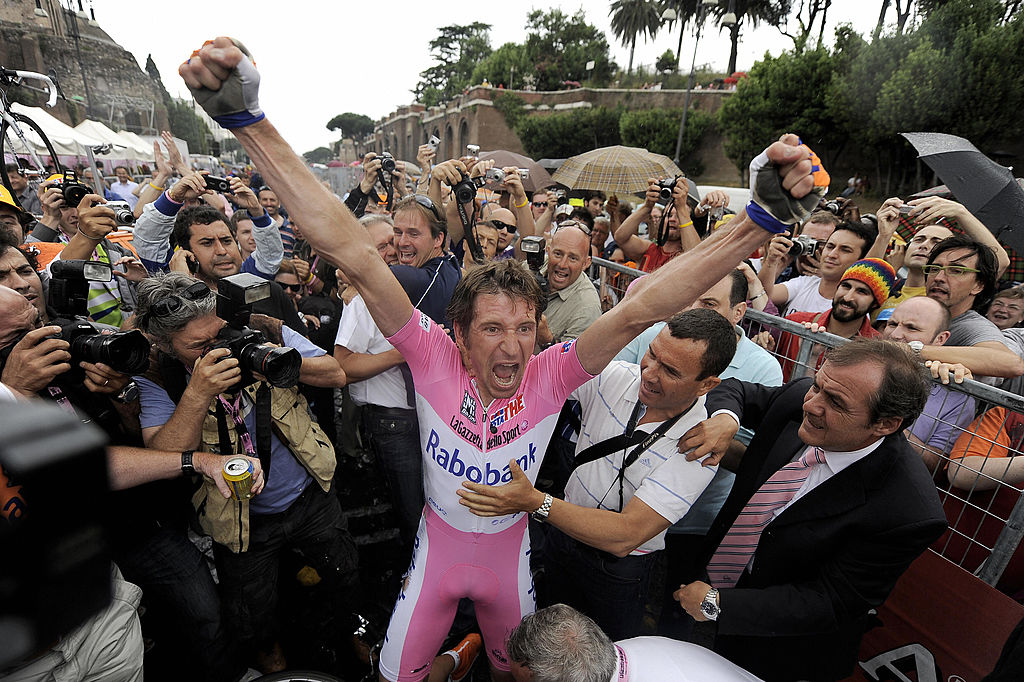
2002: Evgeni Petrov (Russia)
Like Menchov, his compatriot Petrov arrived on the European scene with huge expectations placed on his shoulders but the former Tinkoff rider became something of a journeyman, with a career that included eight teams and spanned 16 seasons.
He won his Avenir title by just a single second over Frenchman Pierrick Fedrigo, with Pieter Weening and Yaroslav Popovych among the top-10. The 2000 U23 road race world champion would never replicate his Avenir form on the big stage, although he did win a stage in the Giro and finish seventh overall in the 2007 edition. He was pulled from the 2005 Tour midway through for a high hematocrit level before eventually retiring in 2016.
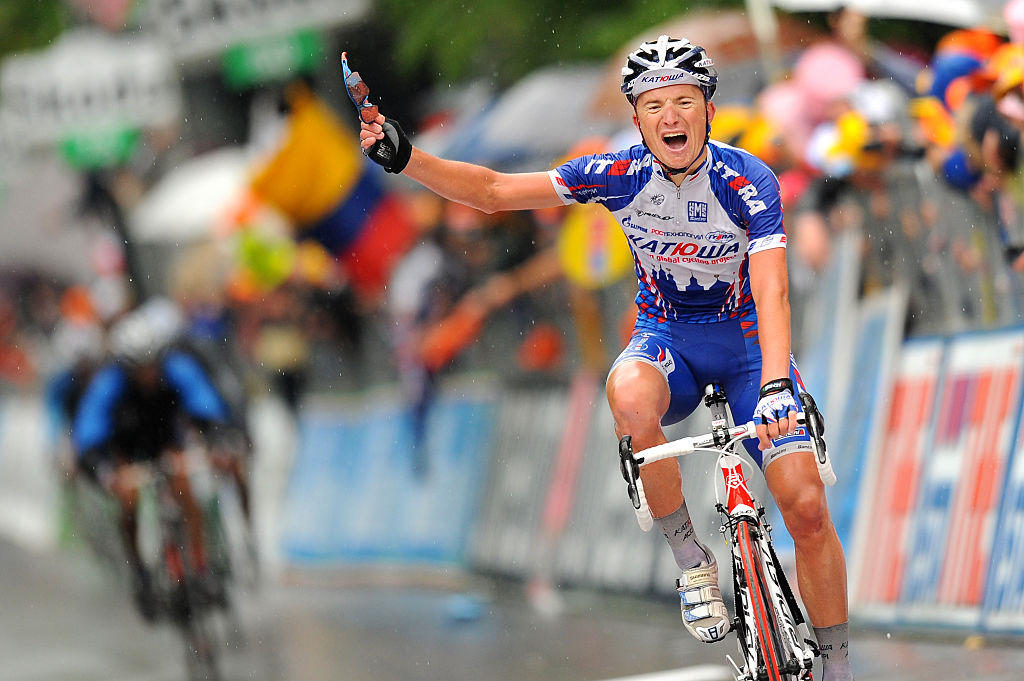
2003: Egoi Martínez (Spain)
A talented climber who turned professional with Euskaltel in 2002, Martínez was seen as a future stage racing contender even before his Avenir win in 2003 thanks to a number of noticeable rides at races like the Tour de Romandie and the Critéruim du Dauphiné, where he helped Iban Mayo almost unseat Lance Armstrong’s dominance.
The Spaniard even spent two years at Discovery Channel – although he joined after Armstrong’s first retirement – and became more of a domestique as the years passed. There was a stage win in Burgos at the 2006 Vuelta – where he also won the mountains classification – but after two years with Johan Bruyneel he returned to Euskaltel where he remained until his retirement at the end of 2013.
He’s now working as a rider agent in an agency also run by Angel Edo (Ivan Cortina is among their clients) and at the same time is reportedly involved with Etxe-Ondo.
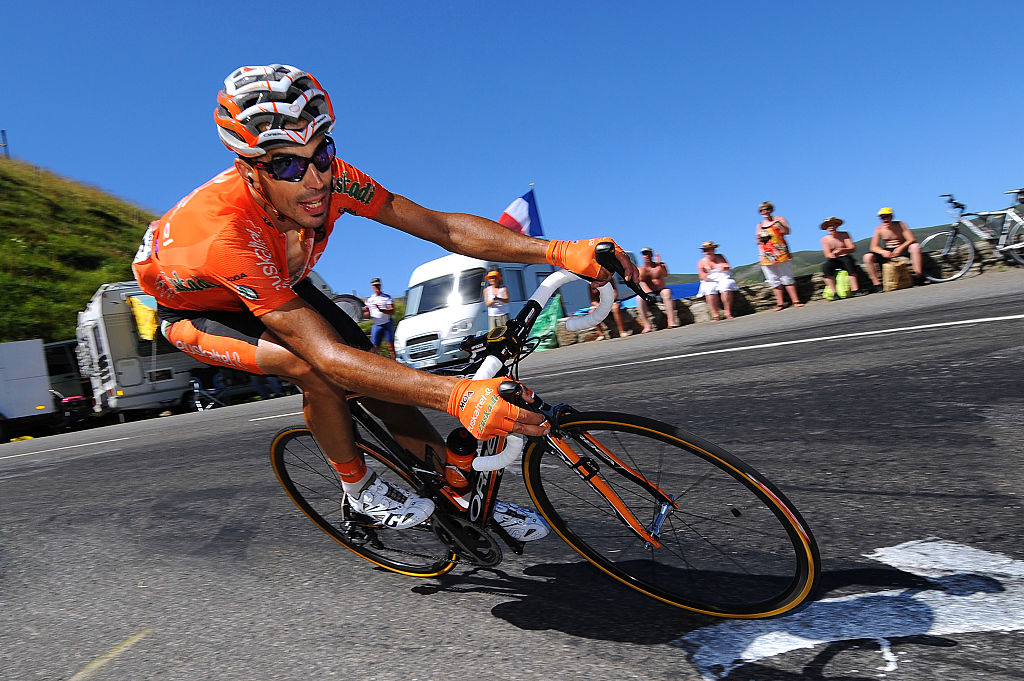
2004: Sylvain Calzati (France)
You’d be forgiven for forgetting that Calzati spent a season at Team Sky in 2010 but by then his best years were well and truly behind him. Back in the mid-2000s, riders were still able to ride events like the Tour and then head to the Tour de l’Avenir and, as part of a RAGT Semence-Mg Rover team, Calzati came out on top thanks to time bonuses and sprints, with Thomas Lovkist second and Christophe Le Mevel third.
Calzati would go on to spend the majority of his career riding for Vincent Lavenu, and won a stage of the Tour de France in 2006 when the race visited Lorient after he dropped breakaway companions Kjell Carlstrom and Patrice Haaland with just under 30km to go. He would never be able to replicate his Tour de l’Avenir form on the big stage and it remained the only stage race win of his career.
His stage win at the Tour memorably came just hours before France played Italy in the FIFA World Cup final, with the Frenchman admitting that he supported the Italian national team.
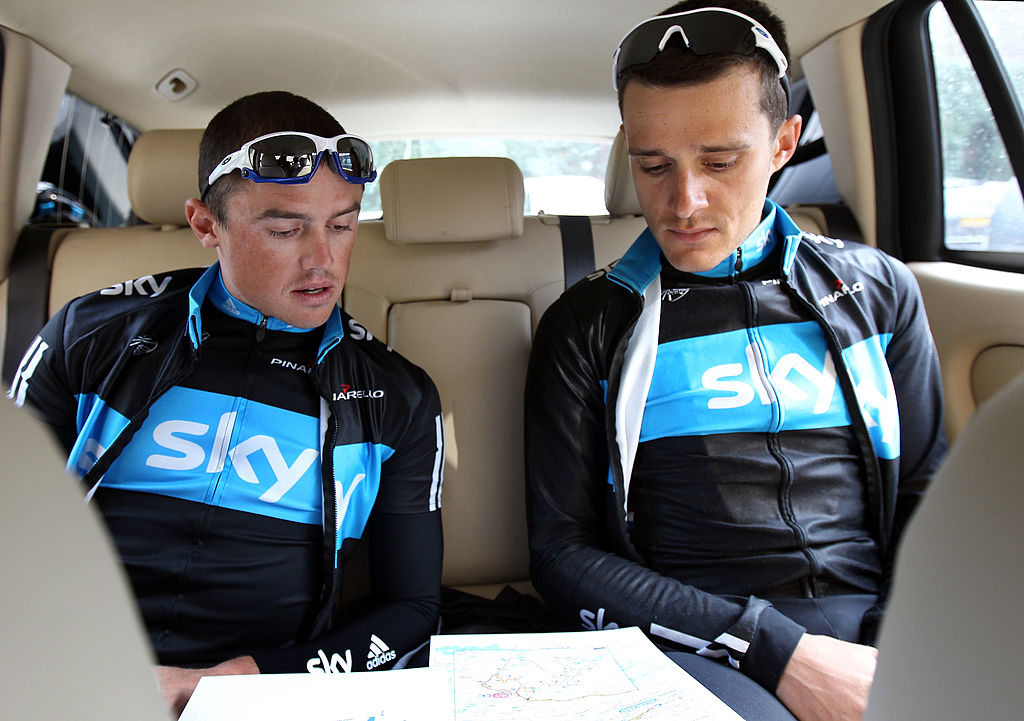
2005: Lars Bak (Denmark)
Bak raced the Tour de l’Avenir alongside a young Andy Schleck in 2005 in a CSC squad that also included Matt Breschel. It was Bak who came out on top, winning the opening stage and then cementing his credentials with a strong time trial into Montmorillon.
In truth, few of the top-10 riders from the 2005 edition would go onto major success, with Maxime Monfort, Leonardo Duque, and Christophe Riblon three exceptions, while Schleck would finish close to seven minutes down. Bradley Wiggins didn’t feature on GC but did win a stage, while Bak would later go on to become a well-respected domestique and later a directeur sportif.
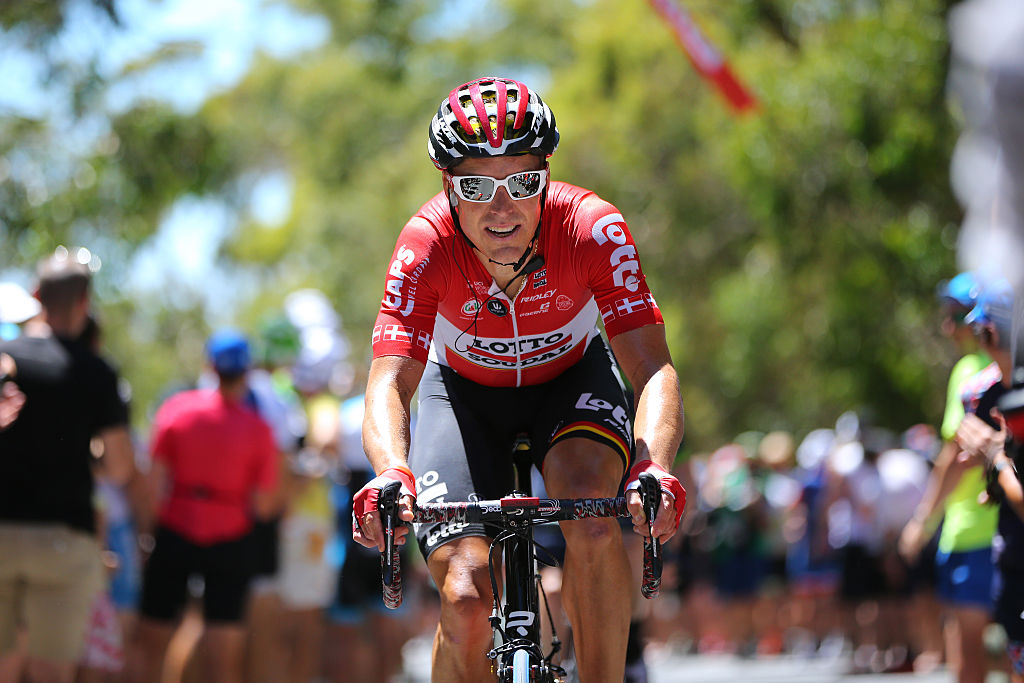
2006: Moisés Dueñas (Spain)
Another rider who was able to count on a solid outing at the Tour de France to hone his form ahead of the race, Dueñas would later make waves for testing positive for drugs at the Tour de France in 2008 and then having more substances found in his hotel room after a police search. He would receive a suspended jail sentence for those actions but he returned to the sport full-time in 2012 before eventually hanging up his wheels in 2015.
Last we heard, he was running a cycling school and coaching agency in his home town of Bejar (also home to Roberto Heras, Santi Blanco, and Male Cubino). For the last four years he's organised a criterium called, originally enough, the Criterium Moisés Dueñas, although it didn't happen in 2020.
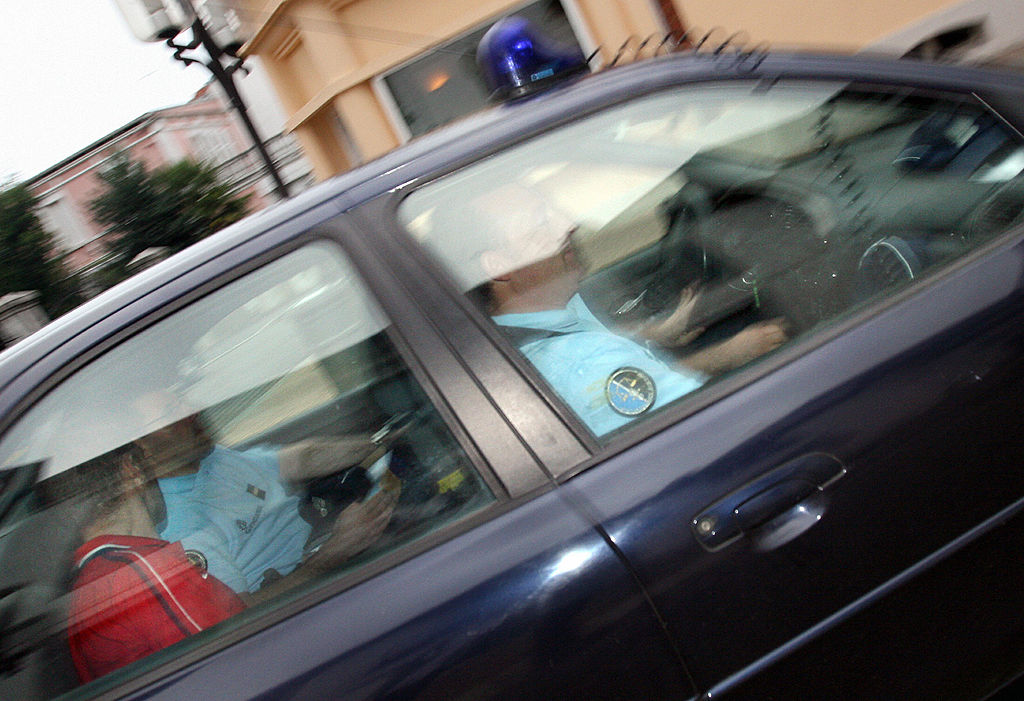
2007: Bauke Mollema (Netherlands)
Arguably the first rider on our list since Menchov who can be considered as a Grand Tour leader, Mollema has forged a career as a solid all-rounder at both Rabobank/Belkin and Trek-Segafredo. With six top-10s in Grand Tours, victories at Il Lombardia and San Sebastián, and stages in both the Vuelta and Tour, he’s built up a reputation as a consistent and somewhat underrated leader.
Back in 2007, he was in his first year at the Rabobank Continental team that included Steven Kruijswijk, Lars Boom, Tom Leezer and Jos Van Emden. The 2007 edition of the race was also made famous by Rafaa Chtioui, who became the first African rider to win a stage in the race’s history.
As for Mollema, who was officially racing for the Dutch national team at the race, he moved into yellow on stage 3, lost the jersey to Tony Martin in the time trial, but then moved back into yellow two days later.
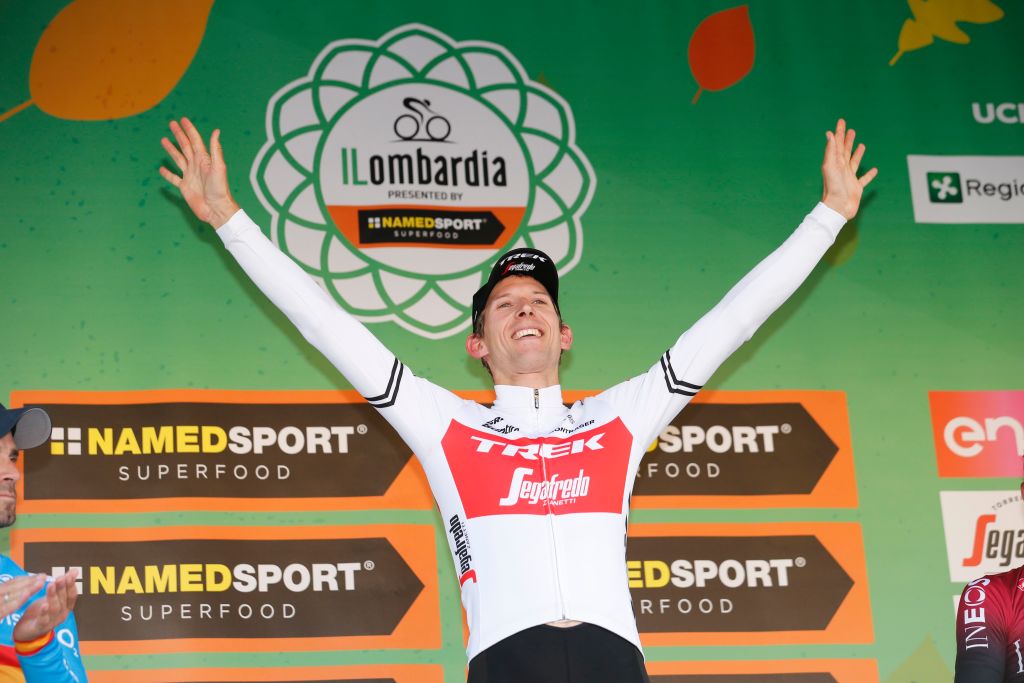
2008: Jan Bakelants (Belgium)
Now back in the WorldTour thanks to a two-year offer from Intermarché-Wanty-Gobert, Bakelants has never quite fulfilled the promise he instilled thanks to his 2008 win. That said, the Belgian has still forged a highly impressive career that has included a stage win and a day in yellow at the Tour in 2013 and fine one-day victories in the Giro del Piemonte and Giro dell’Emilia.
"This is a brilliant victory in the greatest Espoir race. All the top guys of our category were here. I didn't start as one of the favourites, but I succeeded in breaking up the hierarchy. I had to give everything to hold my position," Bakelants said at the time of his Avenir win.
Bakelants took the lead thanks to an impressive solo ride to Carmaux. He crashed two days later but managed to hold on to his lead in the difficult Pyrenean stage over the Port de Lers, the Col d'Agnes, the Col de Latrape and Guzet. American youngster Tejay van Garderen won the last stage.
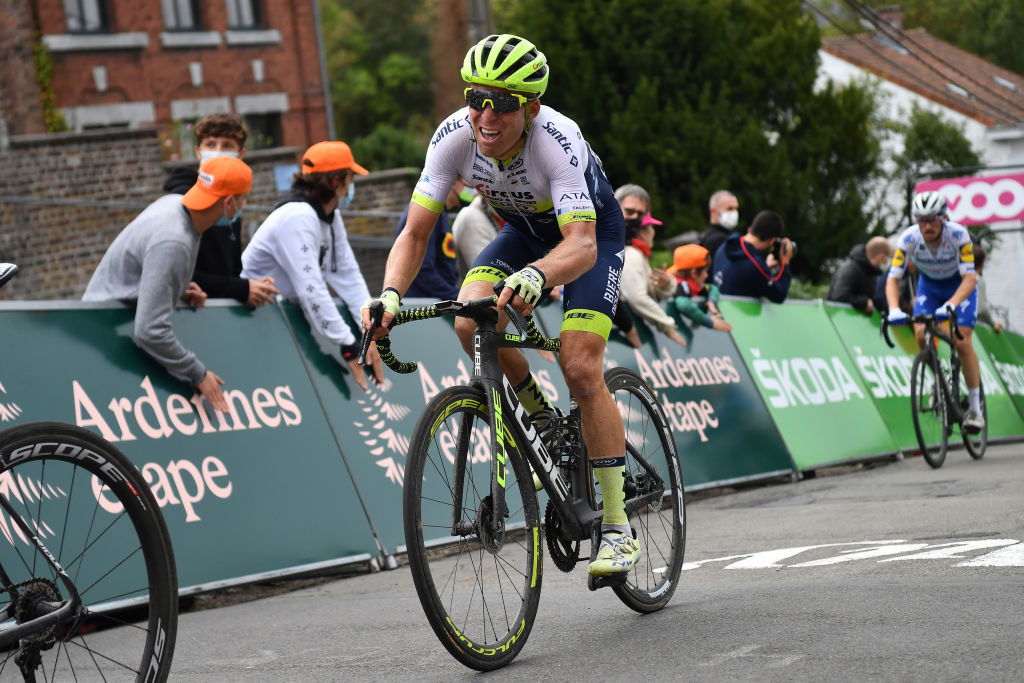
2009: Romain Sicard (France)
Once seen as the future of stage racing, Sicard secured his race title with impressive rides both against the clock and in the mountains. However, he also benefited from a two-man breakaway on stage 1 when everyone was expecting a bunch sprint. At that time, he was France's next promise, more than a certain Thibaut Pinot and Romain Bardet, with the latter not even on the start list.
Sicard would go on to win the U23 road race world title a matter of weeks later, with another standout ride in Switzerland, but muscular and other physical ailments held his career back after signing with Euskaltel. In 2014 he moved to Team Europcar but his rainbow jersey remains his most recent victory. There have been flashes of his natural ability over the years, with two top-20 GC results in the Vuelta a España but he’s mainly seen as a domestique these days, although he often makes his presence felt in breaks.
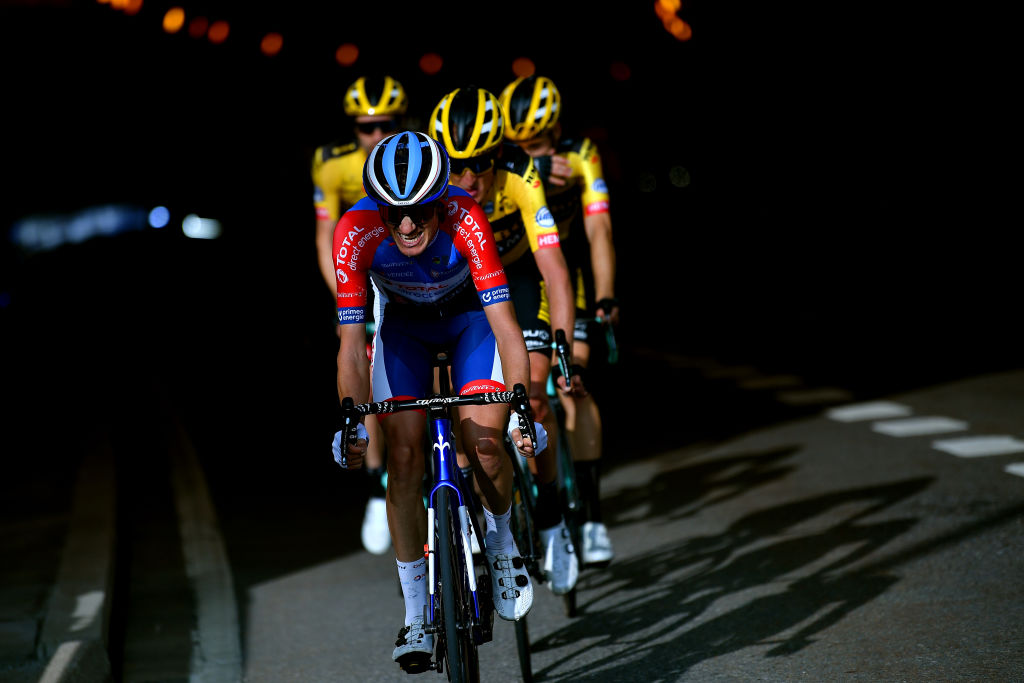
2010: Nairo Quintana (Colombia)
No disrespect to Rigoberto Urán, who has in fact reached the same step on the podium at the Tour de France as Quintana, but the Arkéa rider was the focal point of the new generation of Colombian athletes who made waves just over a decade ago.
The now 30-year-old left it late in the 2010 Tour de l’Avenir to seal his win but back-to-back stage wins in the final two days ensured that Colombia had its first overall winner since 1985. Since then, Quintana has won a Giro and a Vuelta, and although his Tour de France form has suffered in the last few years he remains a stage racing threat when fit and healthy.
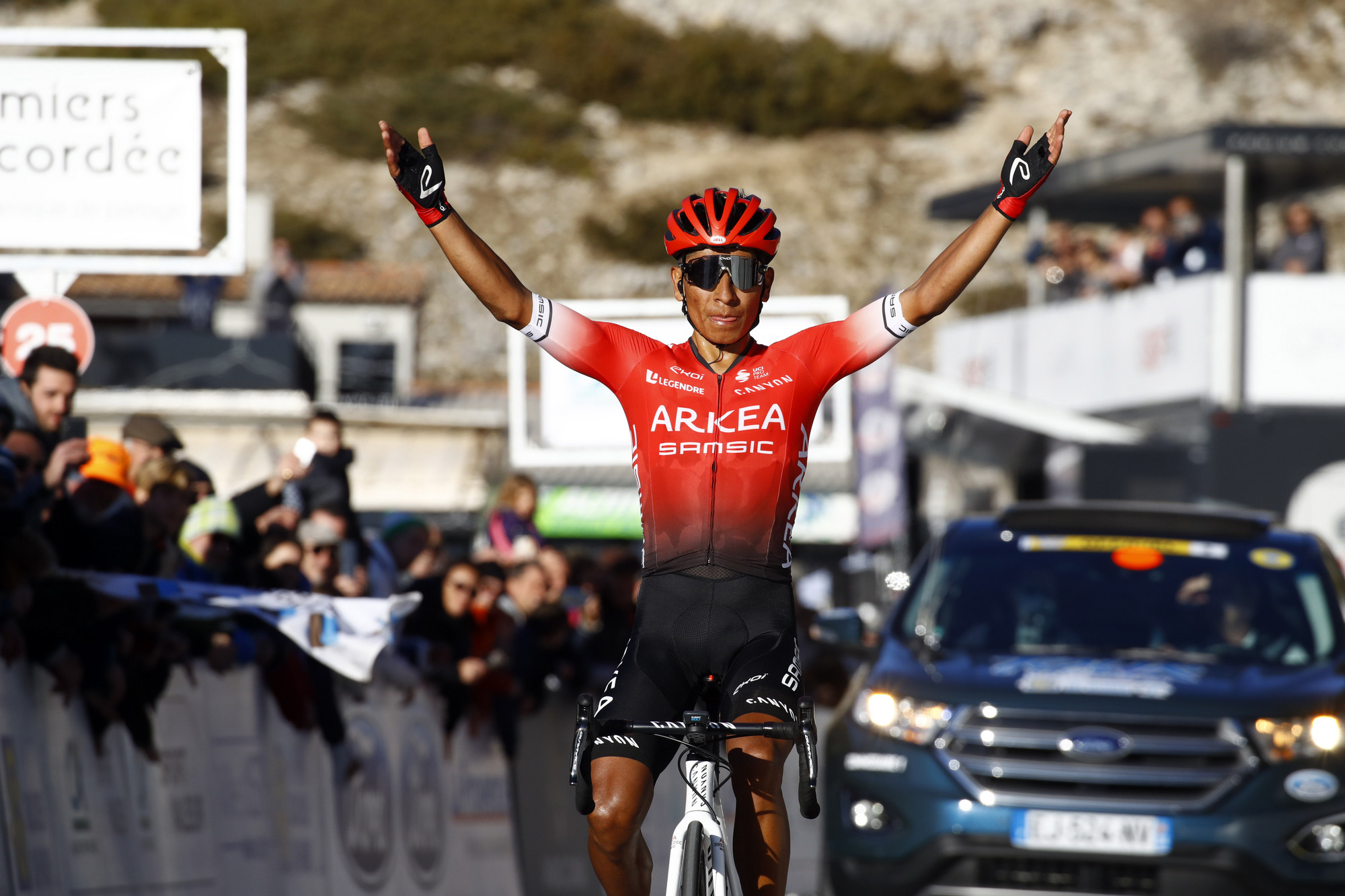
2011: Esteban Chaves (Colombia)
Like Quintana, his fellow countryman Chaves has seen his star wane in recent years, with health problems and injuries limiting his role at Mitchelton-Scott. But back in 2011, he formed part of a glittering national team that included Quintana and an array of home-grown talent.
Chaves had to wait until the final stage before eventually edging ahead of David Boily, and while the Canadian would hang up his wheels just a few years later, Chaves would survive a career-threatening crash before establishing himself at Mitchelton. He would then go onto enjoy a purple patch of form in 2016 that he’s still yet to replicate.
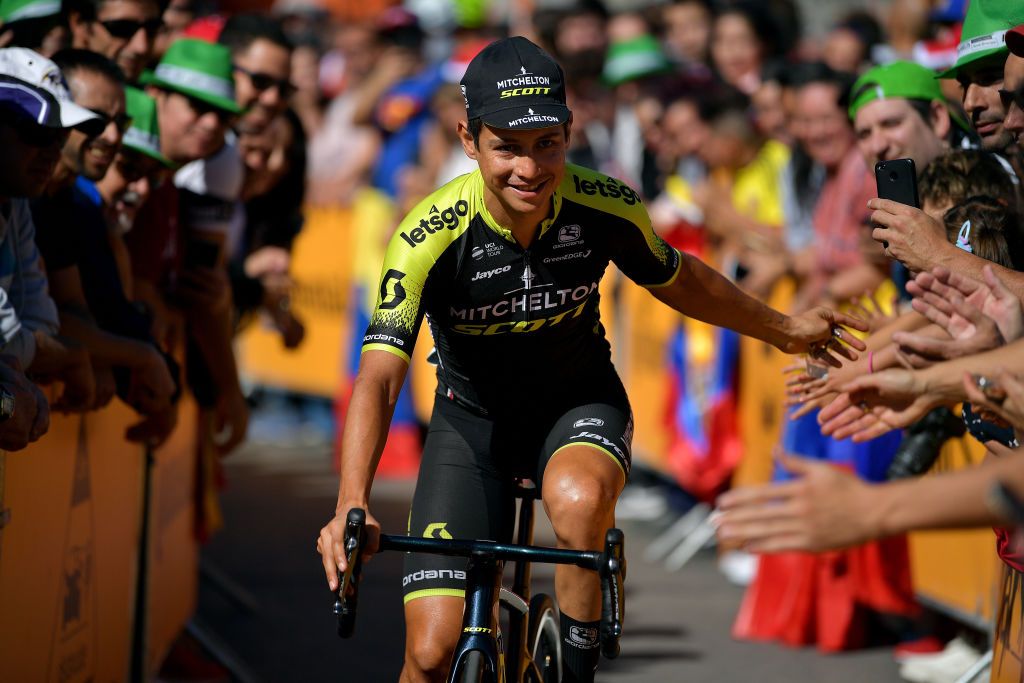
2012: Warren Barguil (France)
Barguil was already a notable name, in France at least, by the time he won the race. After all, he had claimed the final stage of the race a year previously and that progression continued into 2012, with the Frenchman a prominent figure on the domestic scene before winning a stage, the GC, points jersey, and KOM titles at the Tour de l’Avenir.
Juan Ernesto ran Barguil close but the Frenchman benefited as the race unfolded, with the title decided by a relatively easy uphill sprint on the final stage. The queen stage was shortened due to snow, while a super-strong French team nullified the opposition at several key points.
Since then, Barguil has had a career of incredible highs punctuated by injuries and mediocre form. On his day he remains almost unbeatable but the problem is that those days are few and far between.
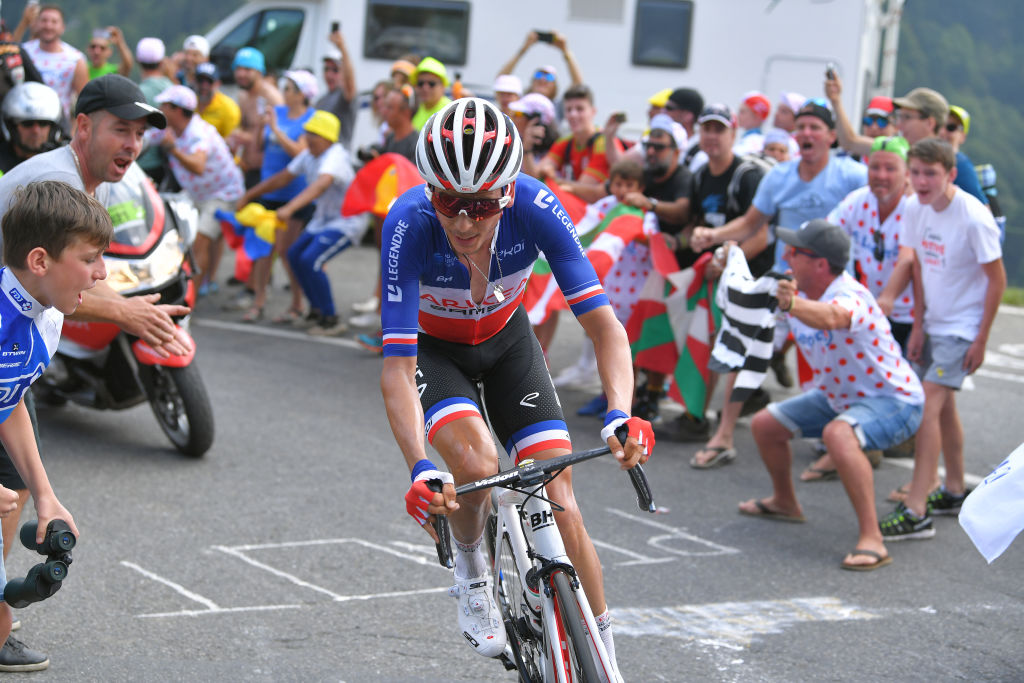
2013: Rubén Fernández (Spain)
Now on the books at Cofidis, the Spaniard is back in the WorldTour after a one-year hiatus at Euskaltel-Euskadi. The 29-year-old is one of the few riders on our list who hasn’t won a race since his Tour de l’Avenir win in 2013 but he’s still forged a career as a solid domestique who can pick of the odd top-10 when given the chance.
His win in the Tour de l’Avenir came after the key rivals marked each other and allowed Fernández to establish a winning margin on the stage to Saint-François-Longchamp. The Spaniard moved into the lead as a result and had more than enough to hold off Adam Yates in second overall.
His career stalled at Movistar after he was handed a three-year deal following some promising results, with a training crash in 2016 leaving him with a broken jaw. The following season saw the start of a steady decline, partly due to teeth problems that affected the rest of his body, but 2020 provided Cedric Vasseur with enough evidence to suggest that Fernández deserved another shot at the highest level.
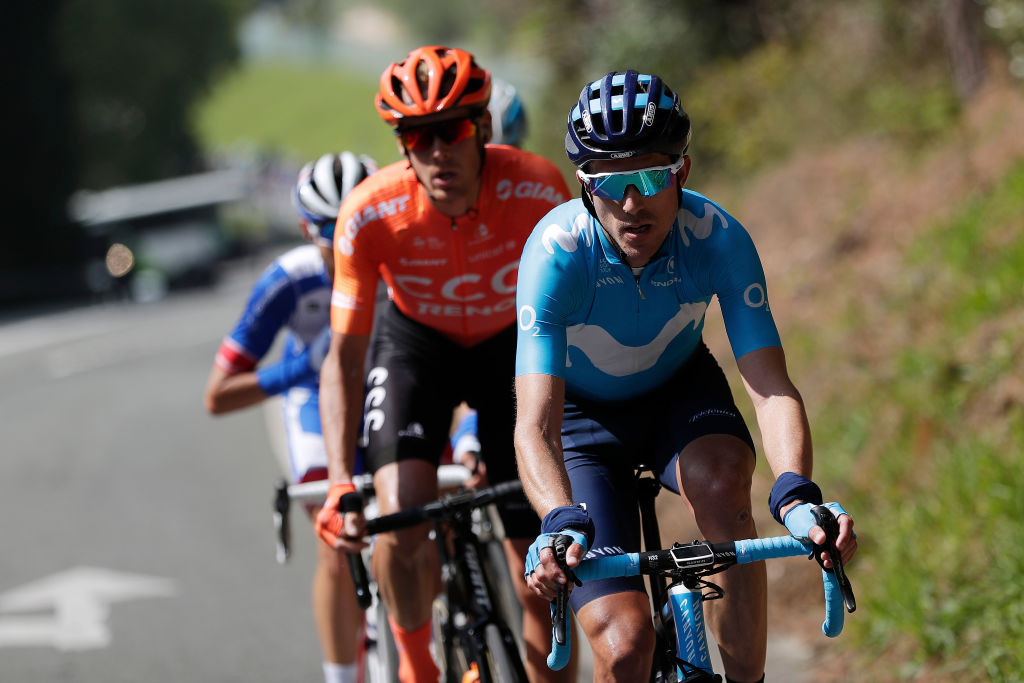
2014: Miguel Ángel López (Colombia)
The Colombian's win in 2014 made him one of the hottest properties in cycling. Thanks to a hugely talented Colombian team that included Fernando Gaviria and Rodrigo Contreras, and the fact that the race only had 4.4km of time trialling, López dominated the mountain stages.
Sam Oomen looked threatening after the first summit finish at Plateau de Solaison, but, once in yellow, López looked confident and like a natural leader. He marked his main rivals at Les Carroz d’Arraches on stage 5, won the following day a La Rosière after getting the better of Robert Power, and then kept his rivals at bay on the final climb of the race.
López has since finished on the podium of the Giro d'Italia and Vuelta a España, and was in the same position at the 2020 Tour de France until he slipped to sixth in the penultimate-day time trial. He ends his spell at Astana and moves to Movistar for 2021.
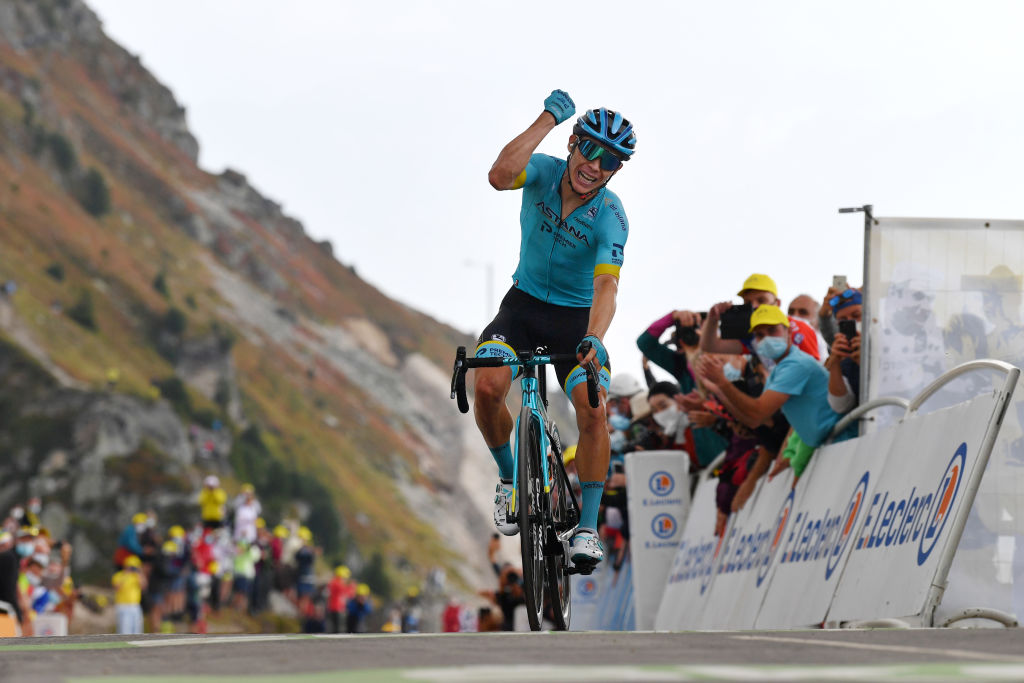
2015: Marc Soler (Spain)
It’s still unclear as to whether we’ve seen the best of Soler, but his 2015 triumph pointed to a glittering career in the WorldTour. Like Bernal and Gaudu, the Movistar rider used the terrain in the final three stages to ram home his quality in the mountains and, although he failed to win a stage, the Spaniard had more than enough to see off Jack Haig for the overall title.
Since then, Soler has simmered nicely in Grand Tours but never truly had the chance to allow his talents to boil over. A stage win and ninth overall in the Vuelta are his best results to date. The arrival of López, following that of Enric Mas last year, somewhat dents his Tour candidacy.
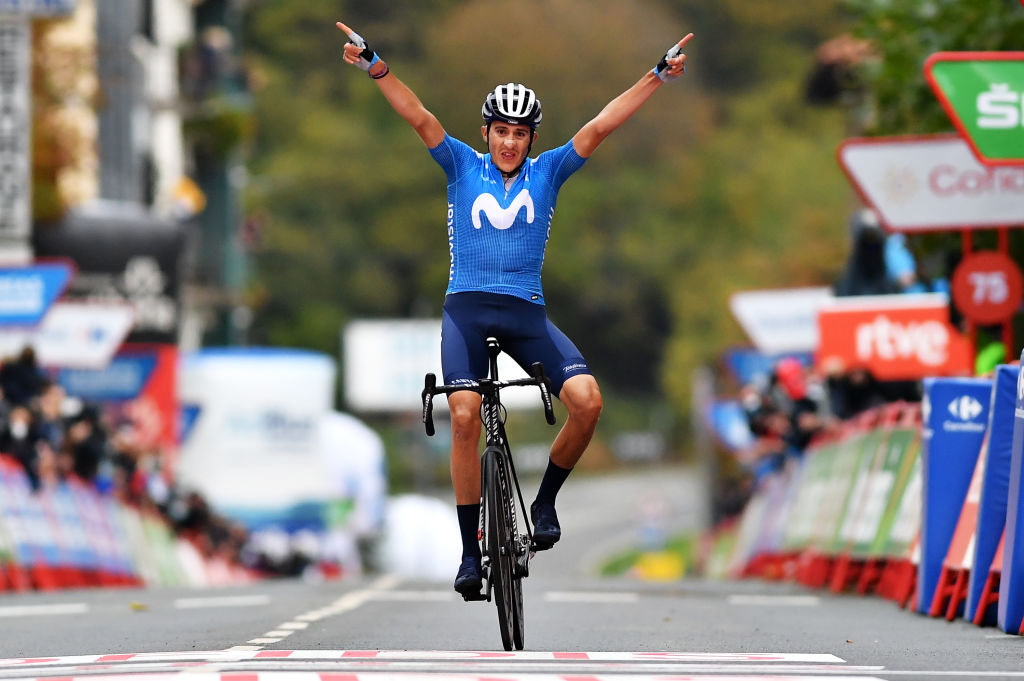
2016: David Gaudu (France)
The 2020 Vuelta a España was another timely reminder of Gaudu’s talents but the young Frenchman has been turning heads since his junior days when he set blistering time up La Planche des Belles Filles during a training ride.
By the time his l’Avenir win came around, the FDJ climber was firmly installed as the heir to Thibaut Pinot and, although his rate of accession hasn’t been as meteoric as Tadej Pogačar or Egan Bernal, the Frenchman has firmly established himself as a star.
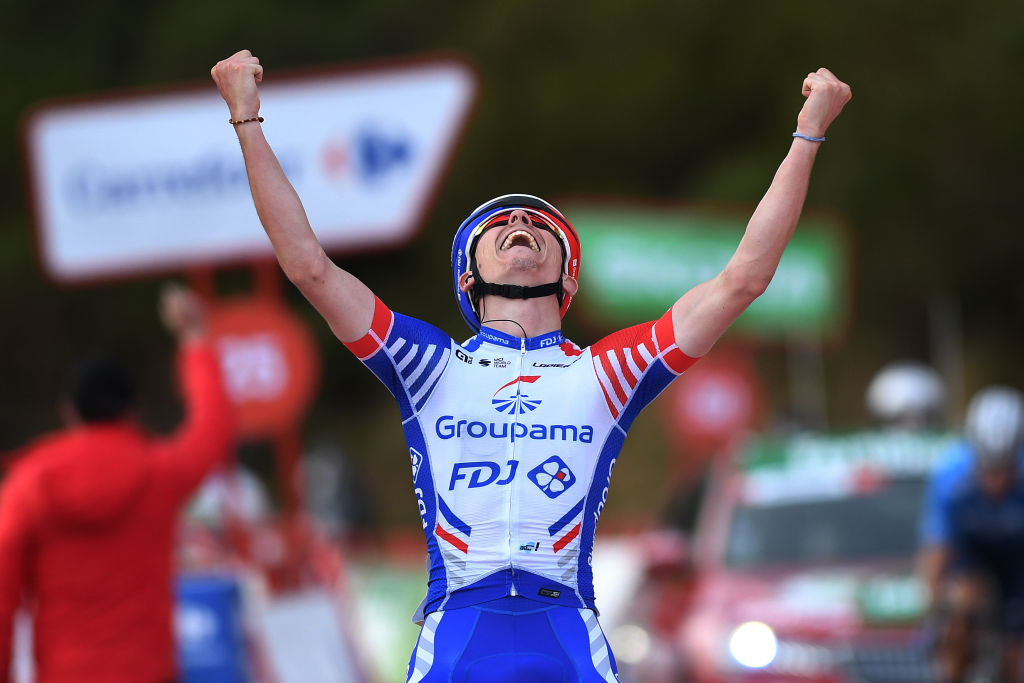
2017: Egan Bernal (Colombia)
By the end of 2017, the cycling world was in the grips of what seemed like 'Eganmania', with the media and fans anticipating the next Eddy Merckx of cycling to dominate for years to come. That hype was hardly that surprising, given that Bernal burst onto the scene as a prodigal teenager and acclimatised to European cycling with an almost effortless flair.
His 2017 campaign was incredible, with his Tour de l’Avenir win coming after wins in Mont Blanc, the Sibiu Tour, the Giro della Toscana, and a string of brilliant rides against WorldTour opposition.
His ride in the Tour de l’Avenir saw him come from with three stages to go, with wins in Hauteluce-les-Saises and Sainte-Foy-Tarentais catapulting him from 15th to first. His opponents threw everything at him on the final stage but Bernal took the title ahead of the late Bjorg Lambrecht and Niklas Eg.
He became the youngest Tour de France winner in more than 100 years in 2019, but abandoned this year's race with a back condition that threatens to eat into his 2021 season.
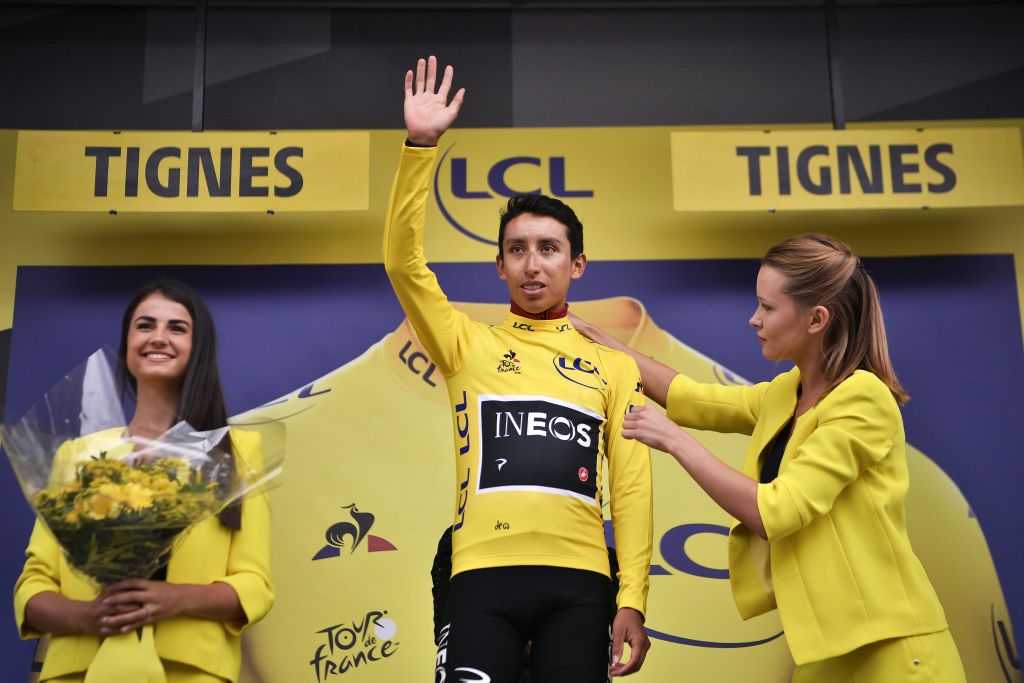
2018: Tadej Pogačar (Slovenia)
Pogačar’s talent was undeniable, even before his win in 2018, but that result - despite a weak team - catapulted him into the consciousness of mainstream cycling fans.
A year later, he was third in the Vuelta, and a year after that he was standing on the top step of the podium at the Tour de France. The Tour de l’Avenir class of 2018 was something else, too, with Aleksandr Vlasov, Clement Champoussin, Ivan Sosa, Eddie Dunbar and Joao Almeida all among the top-10 on GC.
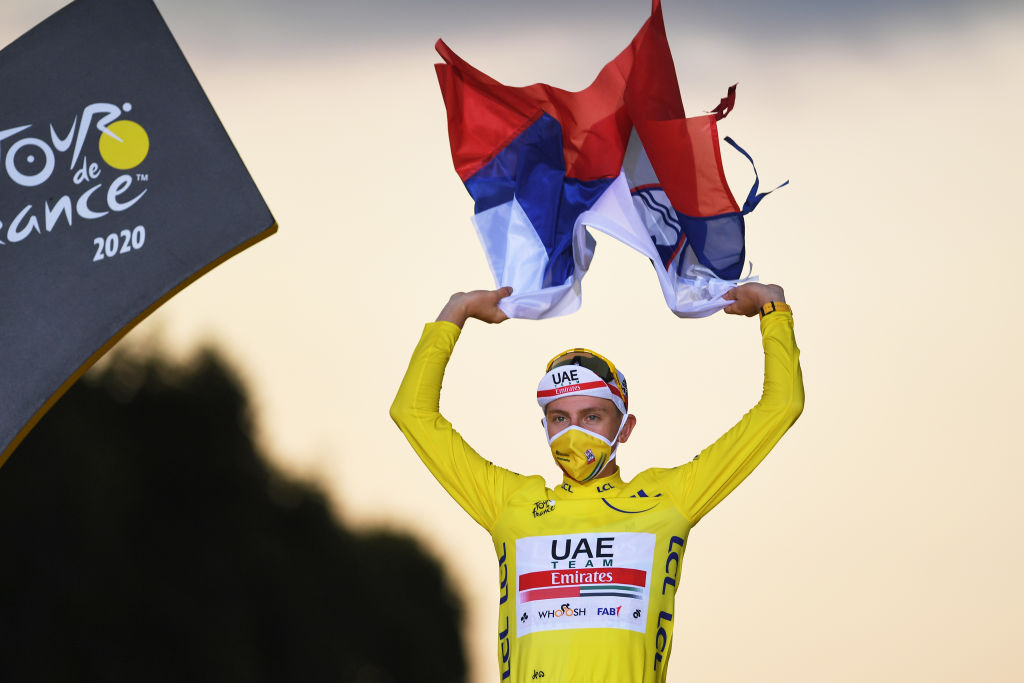
2019: Tobias Foss (Norway)
The Norwegian rider came into the 2019 edition of the race with a decent pedigree, having finished ninth in the race the year before and seventh in 2017, but during his final season in the U23 ranks he was incredibly consistent throughout the race. He moved into the lead on stage 3 and then, despite dropping to third later in the race, came back to take yellow on the penultimate stage.
The 23-year-old saw his 2020 campaign affected by the COVID pandemic but the former biathlete, who notes Chris Froome and Edvald Boasson Hagen as his sporting heroes, still racked up 23 days of racing this year.
The Jumbo-Visma rider is likely to get another shot at a Grand Tour in 2021 after failing to finish the Giro d’Italia this year.
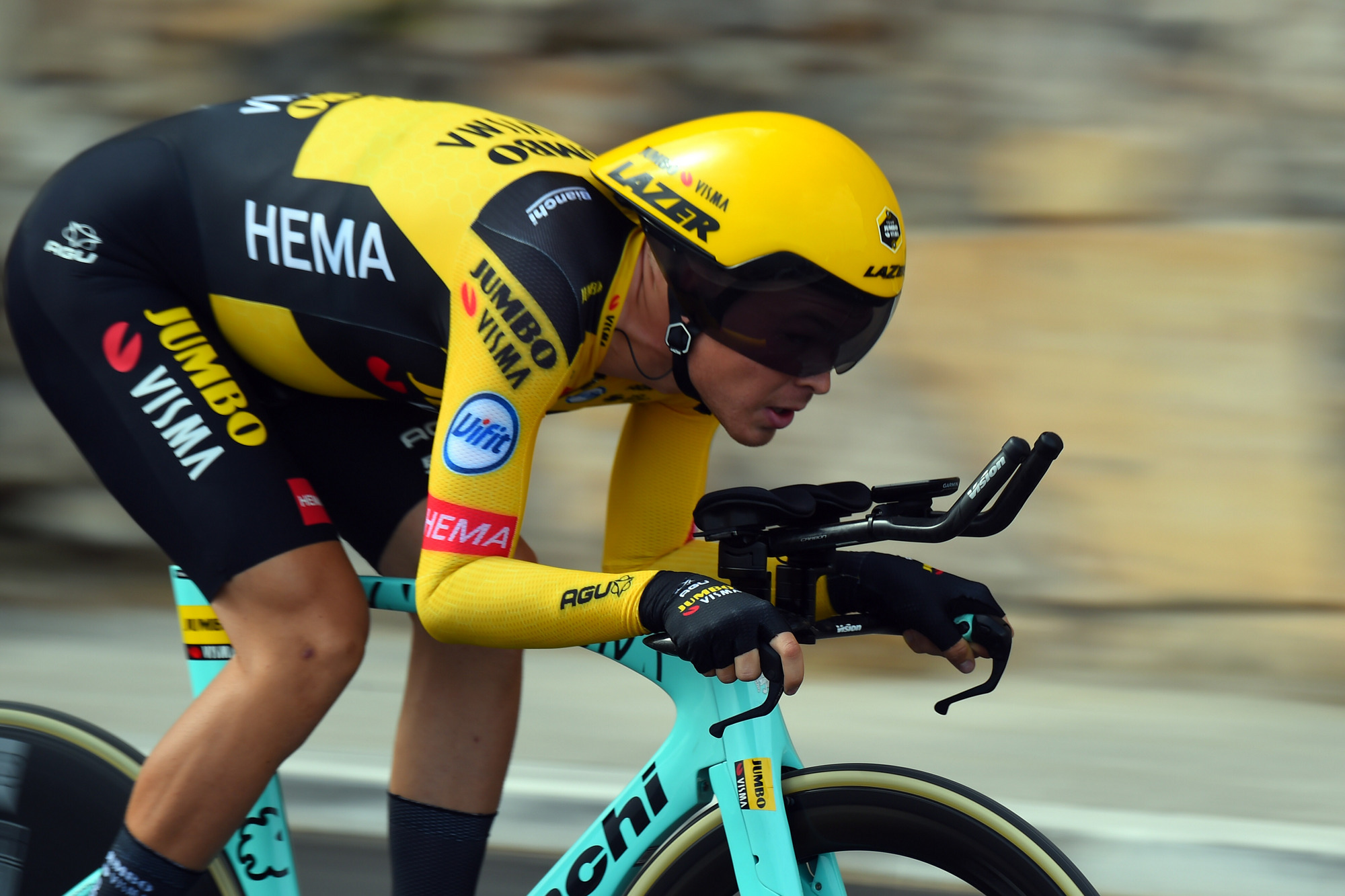
Daniel Benson was the Editor in Chief at Cyclingnews.com between 2008 and 2022. Based in the UK, he joined the Cyclingnews team in 2008 as the site's first UK-based Managing Editor. In that time, he reported on over a dozen editions of the Tour de France, several World Championships, the Tour Down Under, Spring Classics, and the London 2012 Olympic Games. With the help of the excellent editorial team, he ran the coverage on Cyclingnews and has interviewed leading figures in the sport including UCI Presidents and Tour de France winners.

